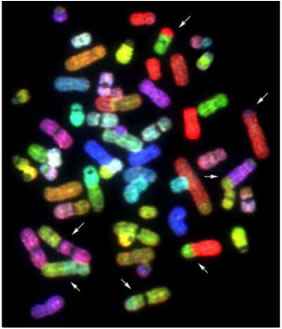Sophomore Seminar

Sophomore Seminar

Sophomore Seminar
1) The URL or UID of the papers you read.
2) A description of the study including the population or ethnic group involved, whether it is a case/control study or a cohort study or a study of trios, the number of patients and controls examined, any stratification that was performed, the number of SNPs examined and any other information about the study that is critical for its interpretation.
3) A paragraph describing the genes and/or the SNPs that are most highly correlated with the disease. You should examine the function of each gene in the NCBI Gene database or the UniProt Protein Database and report any functions (gene ontology terms) that may be relevant to the disease.
4) The odds ratio and heritability of each SNP correlation if given. If not, state that the data was not present.
5) Report if the association studies been repeated in different laboratories, or different populations or subpopulation or ethnic groups?
6) Report of any causal mutations been detected or suggested from any of the data?
7) Also please report if knowledge of those SNPs or genes sheds any light on the molecular basis for the disease.